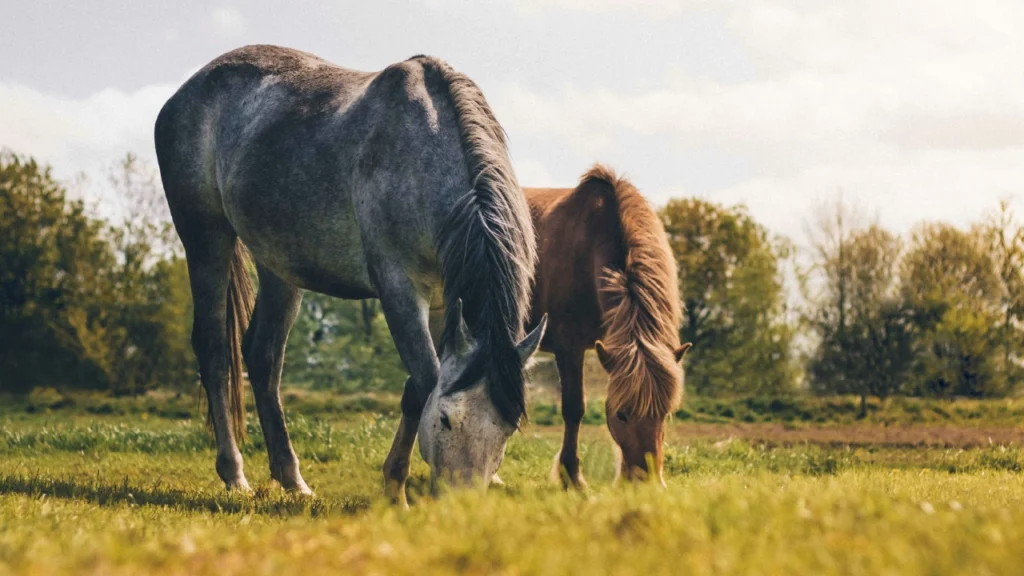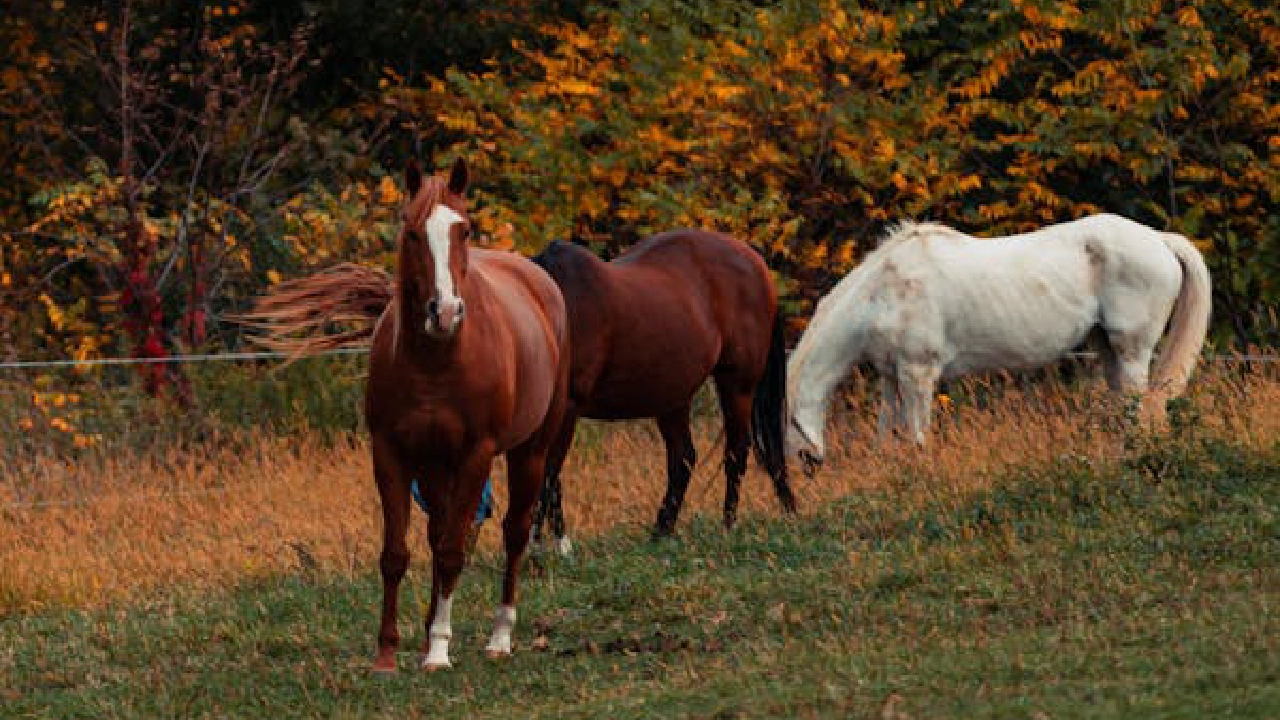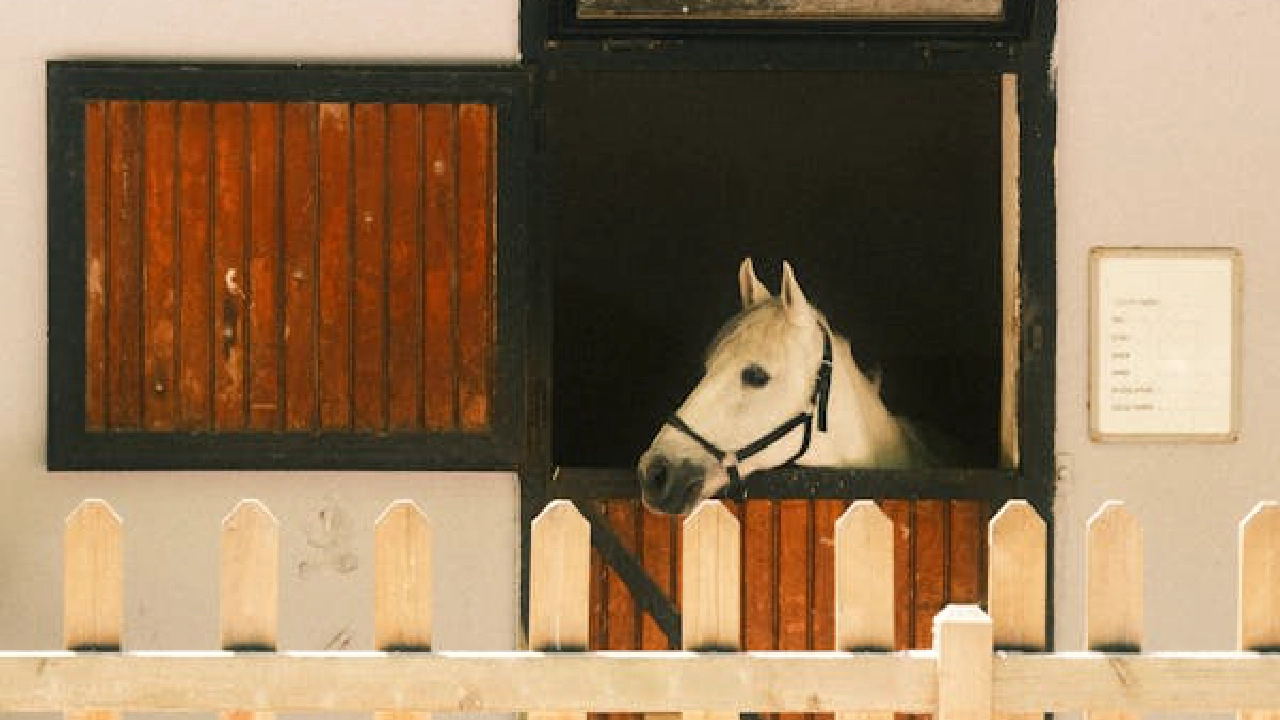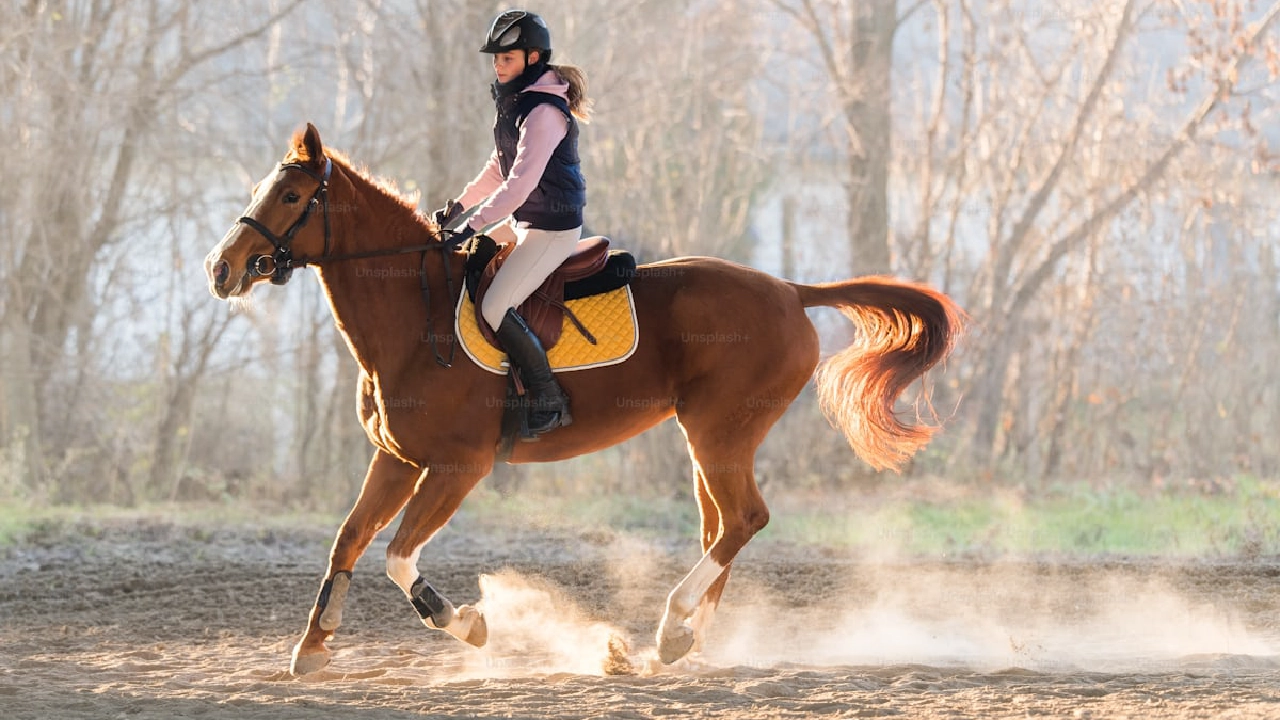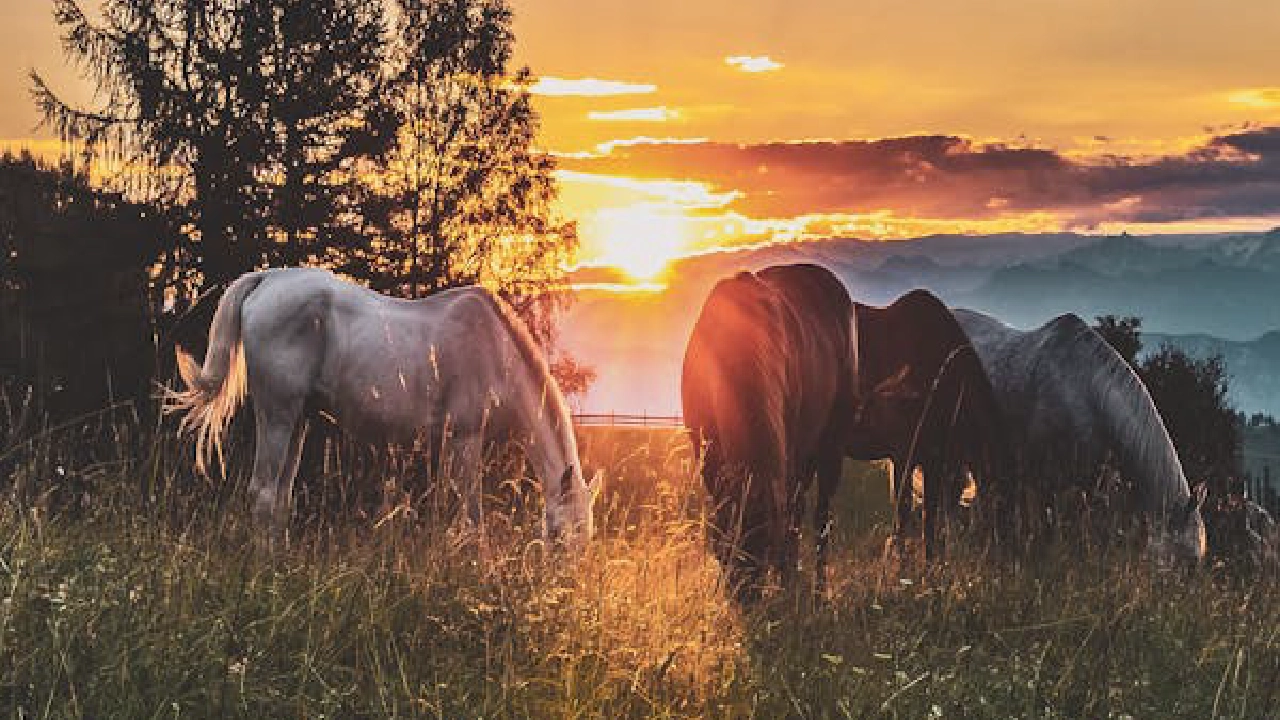The most majestic pets are horses. From time immemorial horses have been at the forefront of wars and inventions. Our automobiles work on the calculations of the speed and power of horses known as horsepower. A direct derivative as the name suggests.
I fondly remember the first time I rode a horse. It was a beautiful chestnut Arabian horse at one of the army bases my father inspected. I felt like I was on top of the world. The horse was so gentle and mighty. Every step he took was with pride and gait. That mighty chestnuts horse was a war hero.
If you are considering having a horse as a pet, if you are a professional rider/trainer or for the cavalry. It is a long term commitment and investment. This comprehensive and informative guide would definitely be of use to you.
Starting with:
Health
Before making the commitment to take care of a horse, knowing the pros and cons is essentials. Horses are prone to specific ailments like colic (gastrointestinal), laminitis (hoof tissue inflammation), and respiratory issues. In Singapore’s humid climate, they can develop skin conditions like rain rot and fungal infections.
Regular check-ups by an equine (horse) veterinarian are crucial to monitor their health and vaccinate against diseases like equine influenza and tetanus. Preventive care, such as deworming every 6-8 weeks, is essential. The routine veterinary services would be about SGD 500-800/month.
In case of emergencies, major treatments can exceed SGD 2000.
Maintenance
Horses require a spacious and clean stable, ideally with proper ventilation to combat Singapore’s tropical heat. Stables must be cleaned daily, with fresh bedding provided.
Stable rental at equestrian facilities (e.g., Bukit Timah Saddle Club, Singapore Turf Club Riding Centre) cost about SGD 1,500–3,000/month.
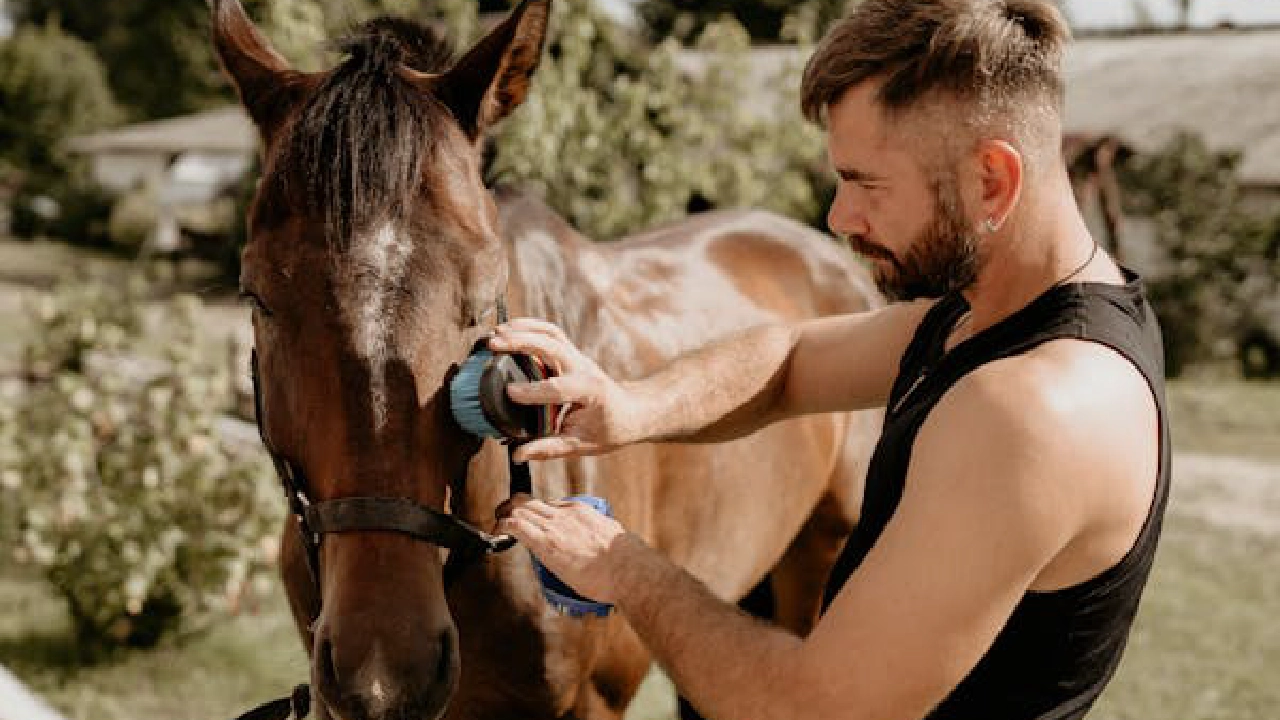
Grooming is also a daily necessity to keep their coat healthy and detect any skin issues. Including grooming kits, shampoos and brushes they are available at a range of SGD 50–100/month.
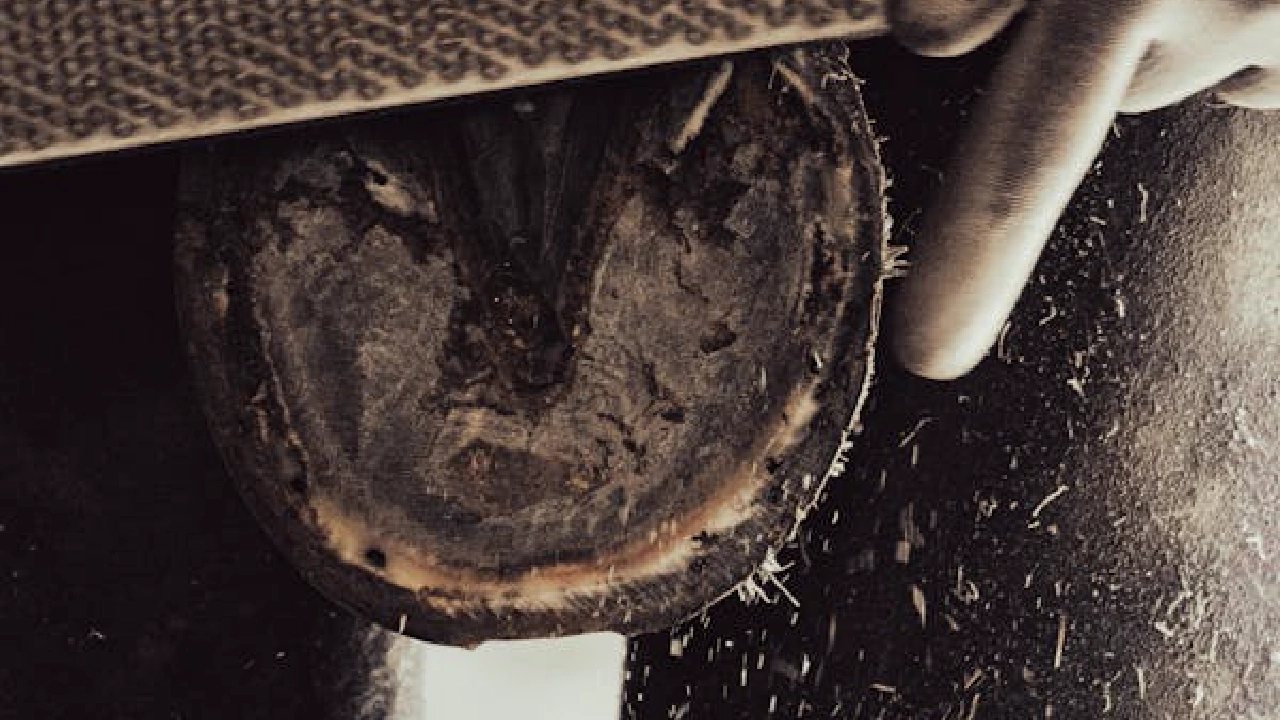
For hooves, regular trimming by a farrier is essential to prevent cracks or infections. Farriers charge by the sessions which is SGD 150–300 per session. Not to worry, a farrier will make sure their hooves are trimmed well and safely so your horse can gallop effortlessly.
Now in the case of transporting a horse or horses it would be SGD 200-500 per trip.
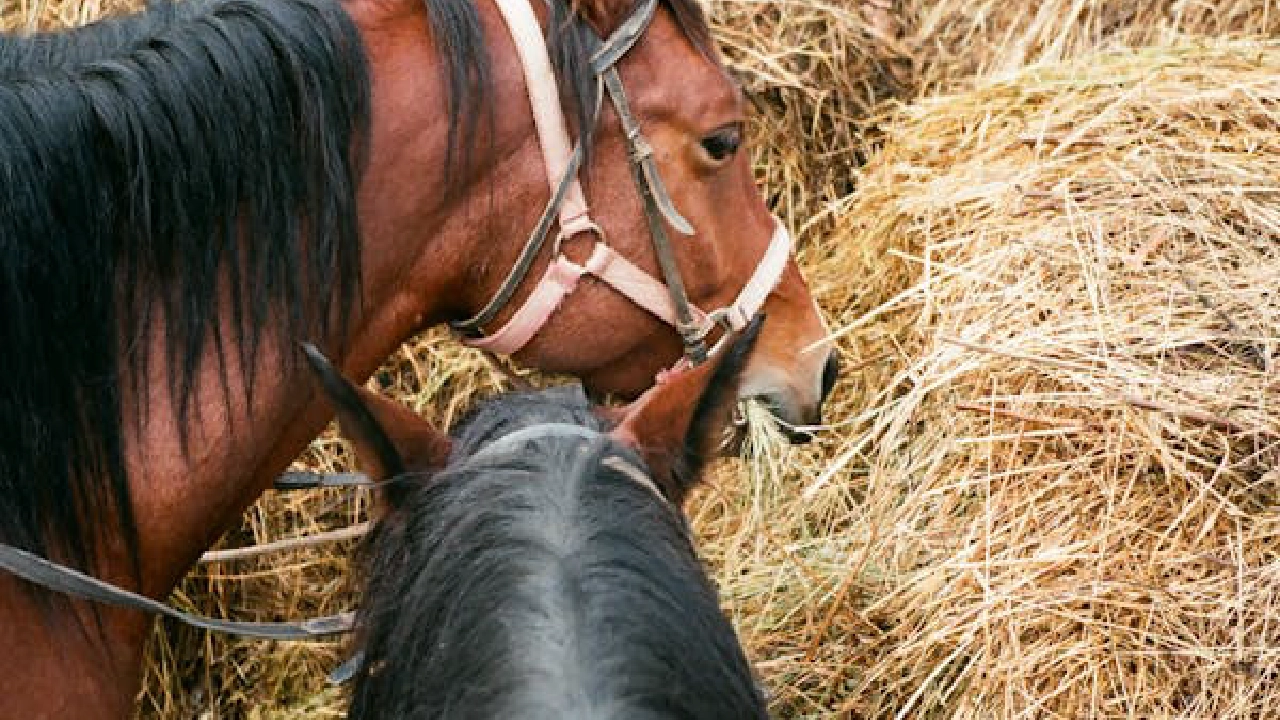
Diet
They are huge and need quite a lot of food. Horses thrive on a diet of high-quality hay, grass, and grains which is about SGD 300–600/month.
In Singapore, where natural grazing areas are limited, most owners rely on imported feed.
Supplements like salt blocks and vitamins may also be necessary to ensure proper nutrition. They are SGD 50–150/month.
Access to clean, fresh water is a must, especially in the heat, as dehydration can lead to serious health problems.
Proper hydration also makes sure their coat, hair and skin is smooth and healthy. Just like we require water. So do not forget to hydrate!
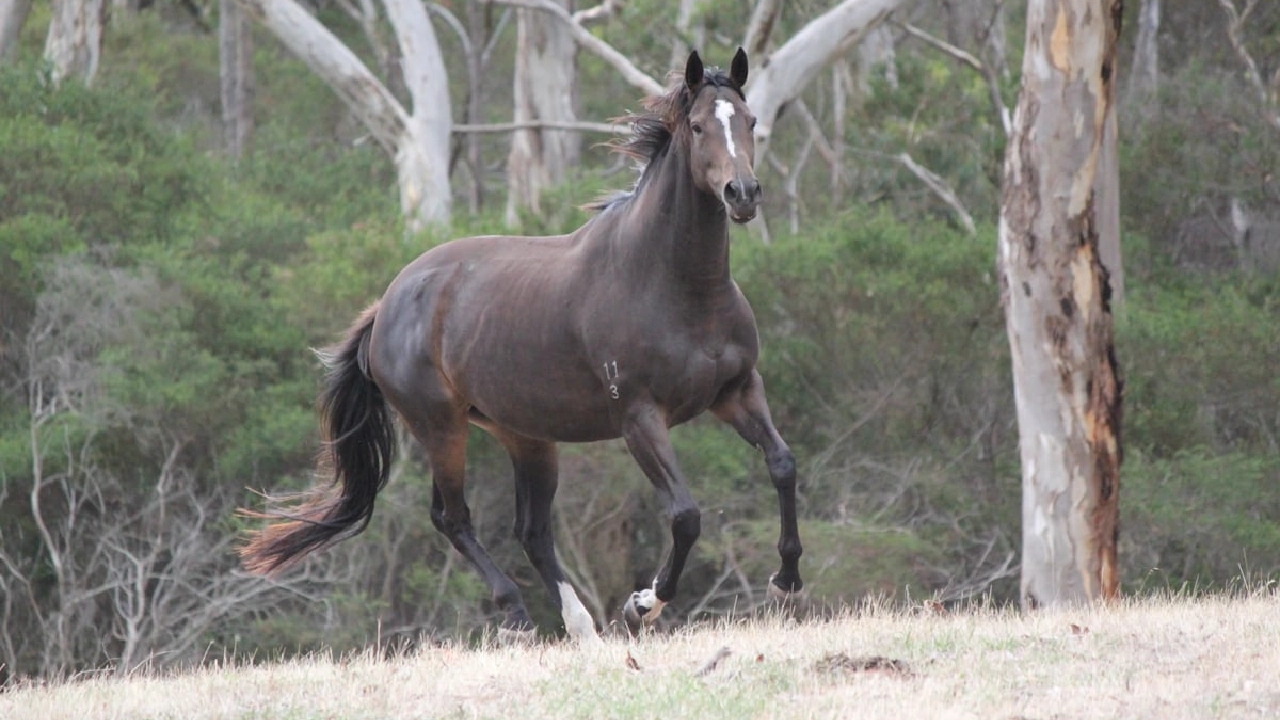
Entertainment and Exercise
Horses need mental stimulation and regular physical activity to stay healthy and happy. Usually, they are taken on walks or trail rides at the facilities they stay at and it will be included in the bills.
Equestrian centres offer facilities for riding and training if you consider training them professionally, these would cost SGD 300-800/month.
Simple activities like trail rides, lunging, or using toys like treat balls can keep them entertained.
Interaction with other horses or regular human contact is equally important for their well-being.
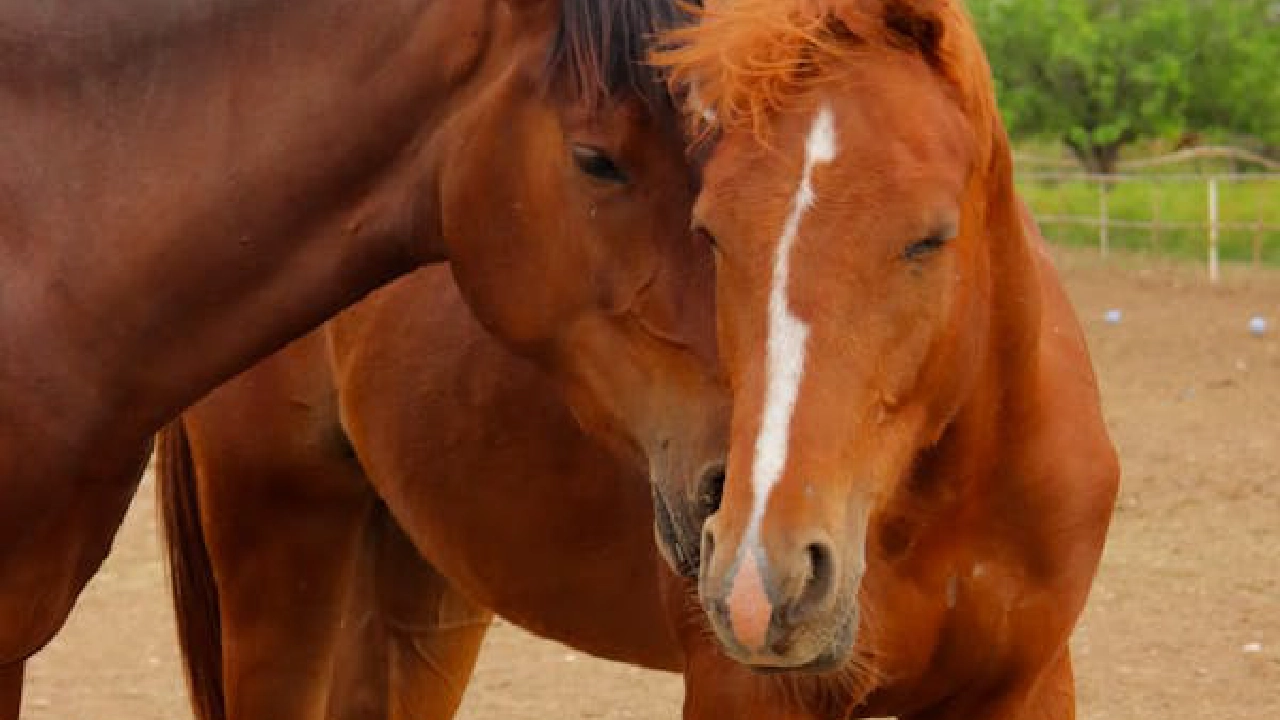
Breeding and Mating
Breeding horses in Singapore is challenging due to limited space and resources. If breeding is necessary, consult a professional equine vet and ensure proper facilities for the mare and foal.
The mating centre is at Singapore Turf Club.
Imported breeding programs are more common, allowing for the use of artificial insemination or imported stallions.
And of course, make sure your horse is comfortable and feels safe during any procedure. If they do not like something or do not want to go through mating/breeding they will surely indicate it by moving away or acting out. Notice the signs.
Sports and Horse Racing
While horse racing is popular in Singapore, pet horses are not typically bred for this purpose. However, equestrian sports like show jumping, dressage, and leisure riding are widely accessible through clubs like the Bukit Timah Saddle Club or Singapore Turf Club Riding Centre. If you’re considering transitioning your horse into sport, professional training is essential.
Horse racing in Singapore is tightly regulated, with betting managed exclusively by the Singapore Turf Club. Pet owners with an interest in the sport must keep recreational and professional horse activities separate to avoid conflict with local laws. Betting on your horse is illegal unless they are officially registered for racing.
Permits
Owning a horse requires a few permits, which may have a cost or not. These are mostly one time payments and it is always better to have legal documentation than not.
The three main official documentation issuers are SFA (Singapore Food Agency), URA (Urban Redevelopment Authority) and EFS (Equestrian Federation of Singapore).
SFA’s permits:
- Import permit (if the horse is imported) is SGD 87 per horse.
- Quarantine Clearance – 14 days quarantine at one of the quarantine facilities to ensure the horses are disease free.
URA’s permit:
- Land use approval – This is in case you build a private stable. The stable should be the required criteria for being a horse’s shelter.
EFS’s permit:
- If you intend to own a professional horse, then the horse has to be registered by the Singapore Turf Club. And must be registered for competitions by EFS.
Is It Worth It?
Keeping a horse as a pet in Singapore is a rewarding but demanding experience. It requires significant time, financial resources, and a passion for equestrian care. Abiding by the laws of Animals and Birds Act in Singapore to ensure the welfare of animals, your horse/s will benefit greatly.
For those ready to commit, the bond with a horse can be one of life’s most fulfilling relationships.
Before making the decision, ensure you understand the responsibilities and are equipped to meet the challenges of horse ownership in an urban environment like Singapore.

